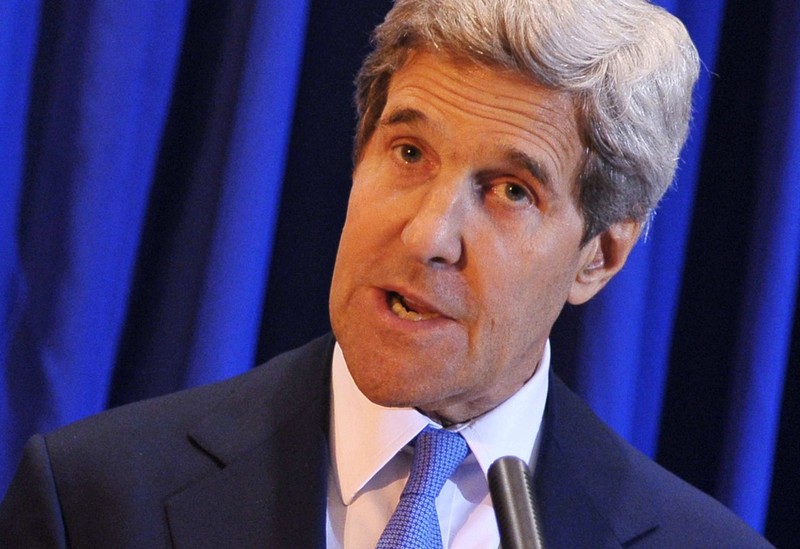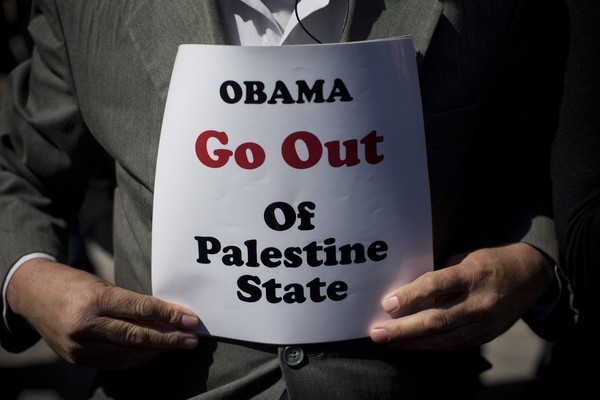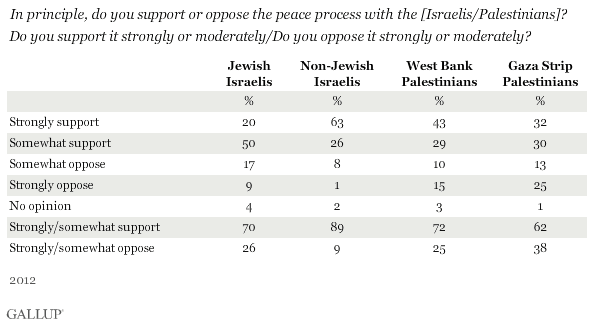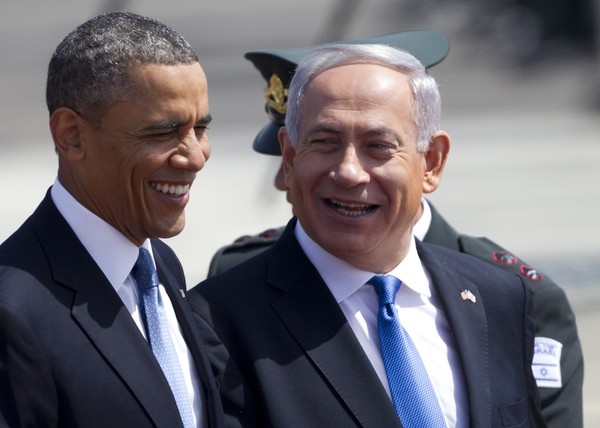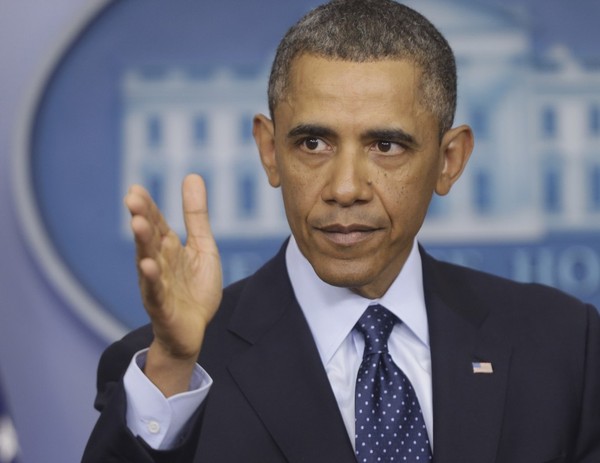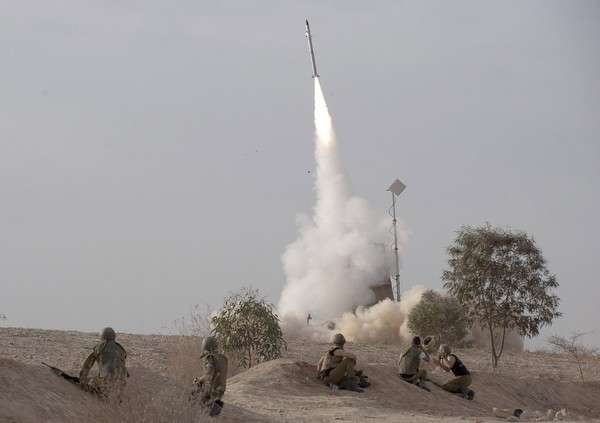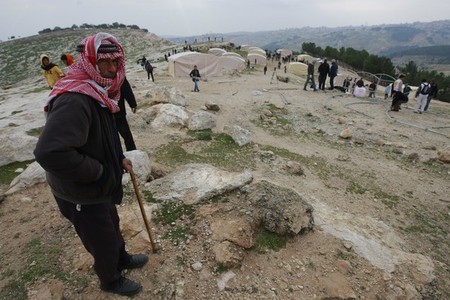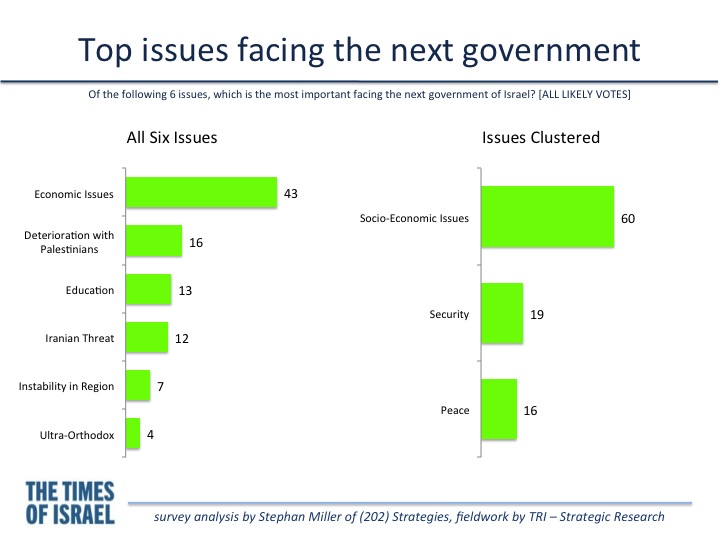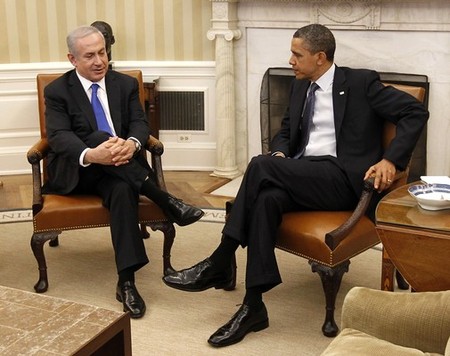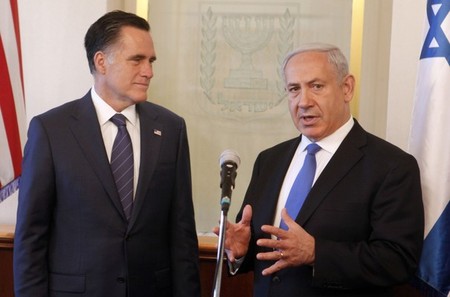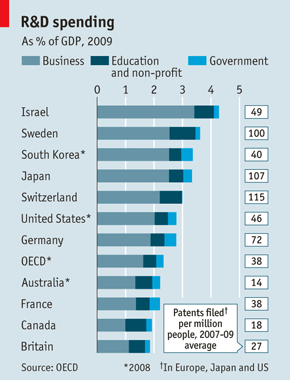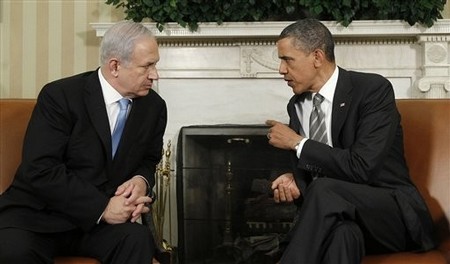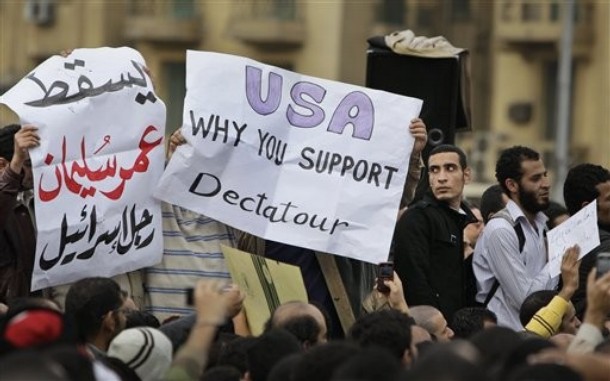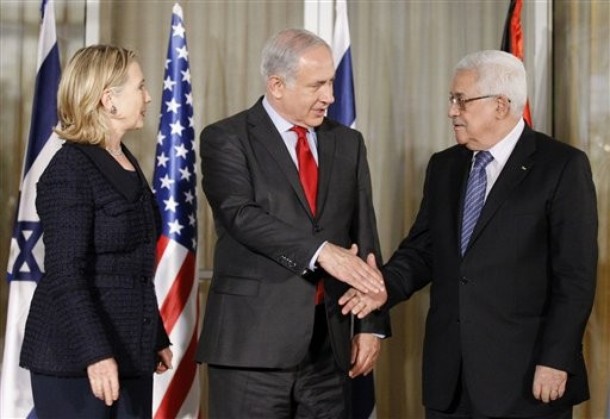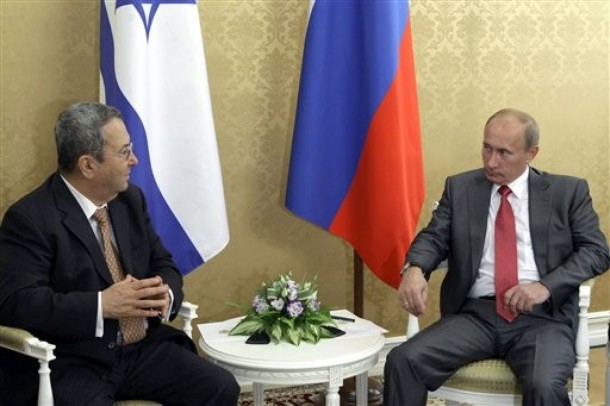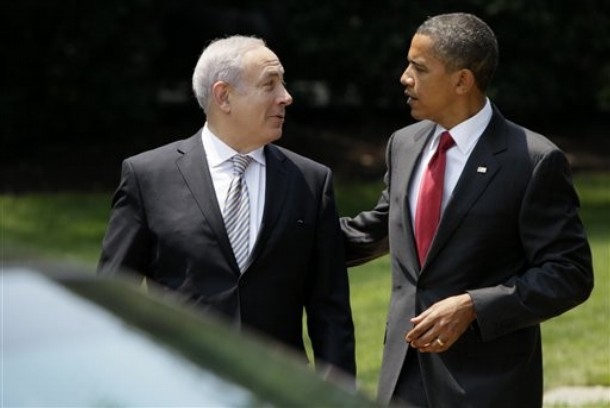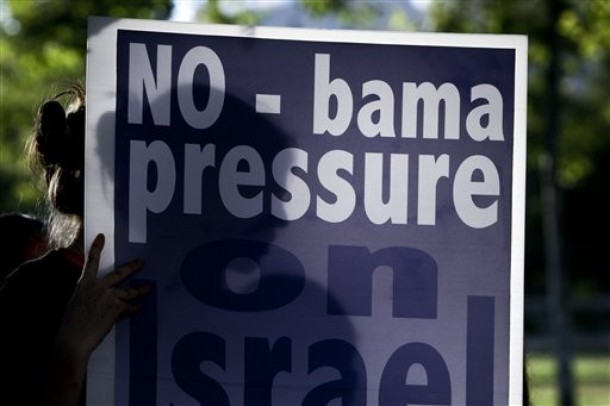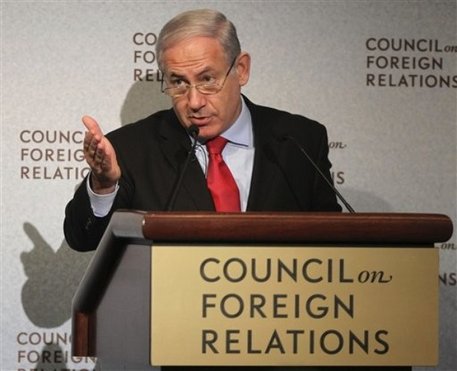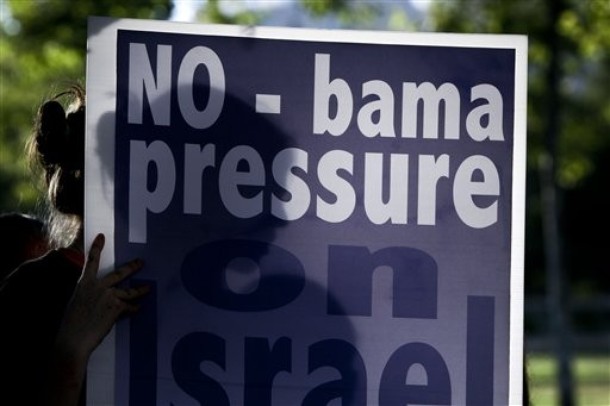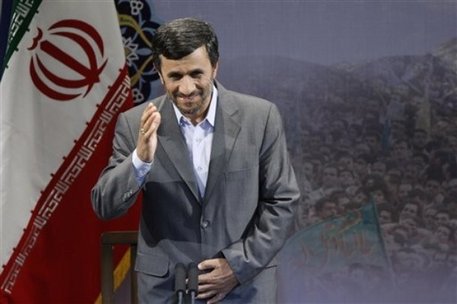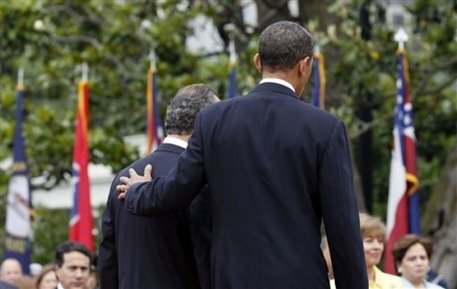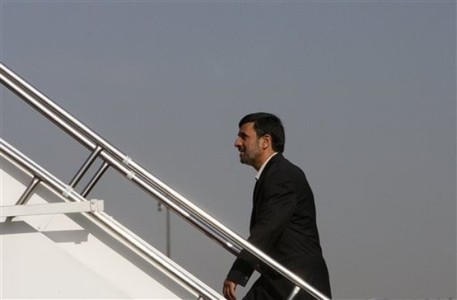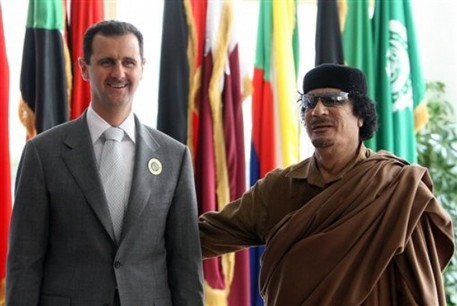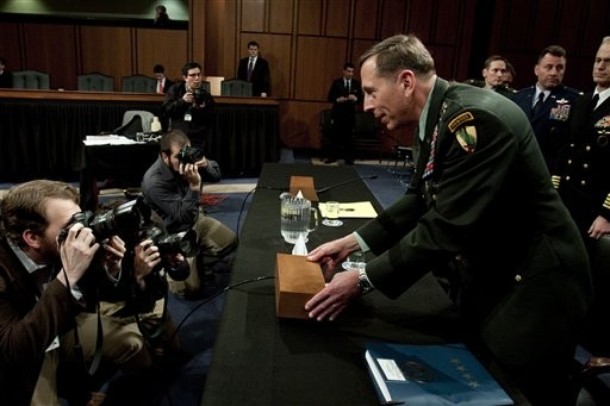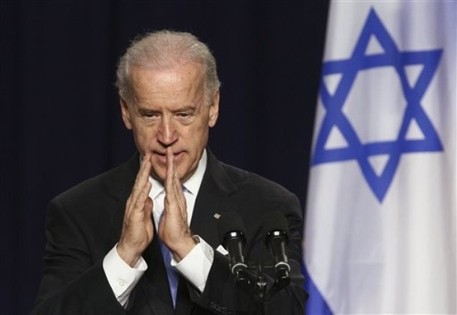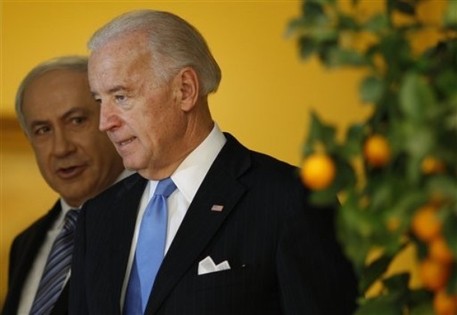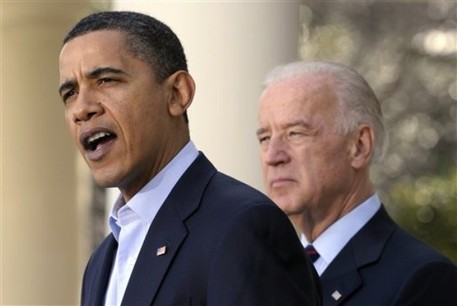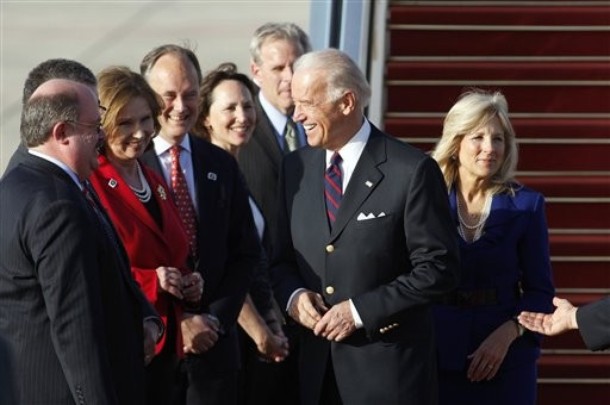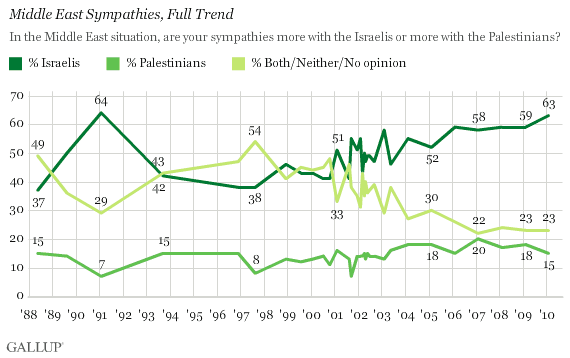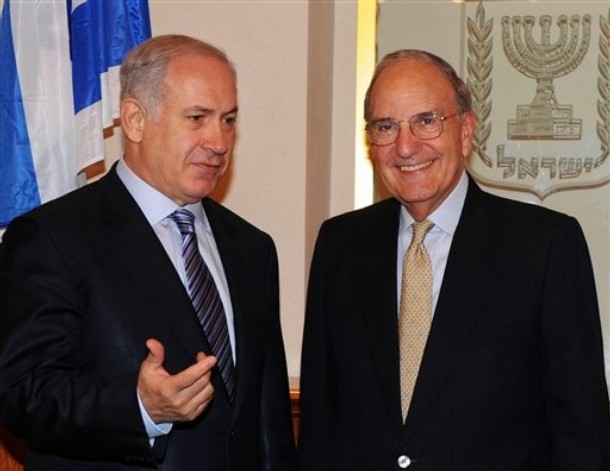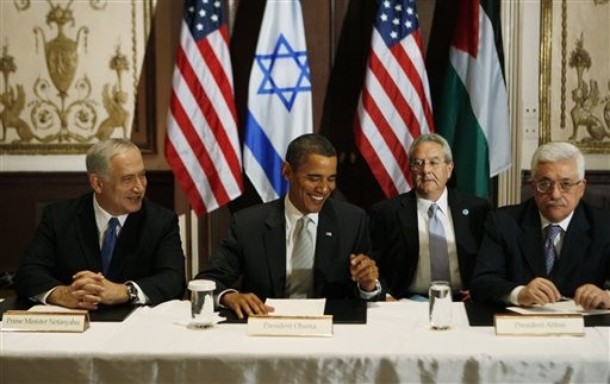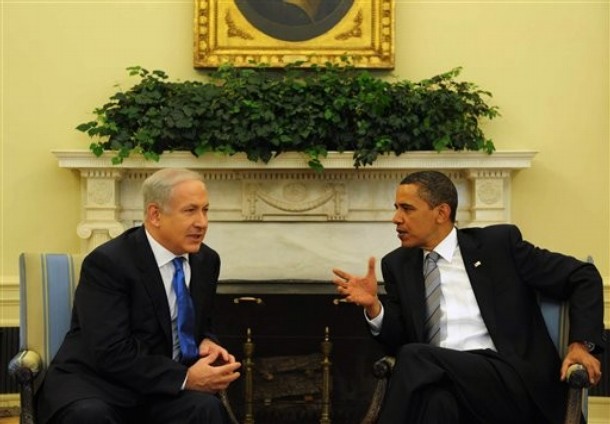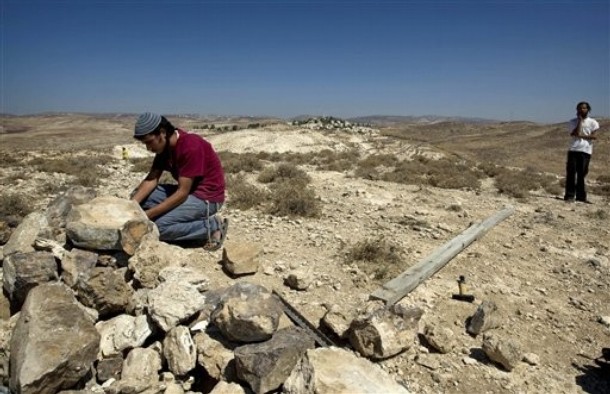
Last week, I posed a couple of questions to the Israeli Foreign Ministry - in addition to our readers - regarding the legality of Israel's blockade of the Gaza Strip. The MFA was kind enough to respond, via Twitter, directing me toward this BBC interview with University College London Lecturer Dr. Douglas Guilfoyle. The interview is definitely worth a listen, as Dr. Guilfoyle is rather knowledgeable on shipping interdiction and law of the sea.
This, however, only left me with more questions, so I decided to e-mail Dr. Guilfoyle myself in order to better understand the legalese of blockades, armed conflict and law of the sea. He was kind enough to respond with his own thoughts on the matter:
RealClearWorld: In your expertise, is the Israeli naval blockade of the Gaza Strip legal?
Dr. Guilfoyle: Problem 1. The San Remo Manual deals only with blockade as a tool of international armed conflict. There is a separate law applicable to non-international armed conflicts (NIAC). Most navy lawyers will tell you there is no authoritative statement of the law of naval warfare in NIACs.
Problem 2. An international armed conflict can only exist between States. Whatever status it may have, Palestinian territory is not part of any recognized State. If there is an armed conflict between Israel and Gaza it is thus a NIAC, and the right to invoke blockade is uncertain.
That said, the definition of an IAC under Additional Protocol II to the 1949 Geneva Conventions includes struggles by 'peoples fighting ... against alien occupation and against racist regimes in the exercise of their right of self-determination.' Thus, it is open to Palestinian groups to argue that they are engaged in such a struggle and that the conflict is correctly to be classified as an IAC.
Problem 3. If Israel invokes blockade as a tool of war against Hamas, it implicitly recognises Hamas as a party to an armed conflict (old fashioned term 'belligerent'). Hamas may thus attack Israeli soldiers legally and its members must be given prisoner of war status if captured. If Hamas is a belligerent in a NIAC its legal categorization would be as an 'organised armed group.'
RCW: What's the difference between 'international armed conflict' and 'non-international armed conflict'?
Dr. Guilfoyle: The generally accepted test was stated in Prosecutor v. Tadić (PDF):
'[A]n armed conflict exists whenever there is a resort to armed force between States or protracted armed violence between governmental authorities and organized armed groups or between such groups within a State.'
On this basis, an international armed conflict occurs whenever there is recourse to violence between states; a non-international armed conflict requires ‘protracted armed violence’ (which may be a question of intensity more so than duration) involving armed groups organised along military lines.
Each classification thus turns on a criterion of identity regarding the parties involved and, in the case of non-international armed conflicts, a further threshold level of violence is required. If these criteria are not met there is no armed conflict and the laws of armed conflict have no application.
To be an 'armed group' further requirements must be met.
In ‘situations ... such as riots, [and] isolated and sporadic acts of violence’ the laws of armed conflict have no application.
RCW: The Israeli Foreign Ministry has repeatedly referred to Hamas as a 'regime.' Is this defined anywhere in international law?
Dr. Guilfoyle: 'Regime' is a term without legal significance. I presume it is used to avoid conceding that Hamas is the government of a State and to suggest that the people of Gaza themselves are not the target of operations (deliberately attacking or starving civilians during an armed conflict is a war crime; that said, the laws of war do not prevent 'incidental' damage to civilians where this is proportionate to legitimate military objectives).
RCW: What kind of liberty does international law grant a State to filter aid and supplies to a blockaded enemy?
Dr. Guilfoyle: There is no definitive list of material a blockading State must let through. A blockading State may not starve the civilian population or deprive it of its means of survival. It must allow humanitarian supplies through, but it's entitled to exercise a high degree of control over how that happens.
In addition, as I've said repeatedly, a blockade should not be continued if the 'damage to civilian population is going to be excessive in relation to the military advantage.'
RCW: Does history provide any examples that are comparable to the Gaza blockade?
Dr. Guilfoyle: The Allies claimed during World War II to be enforcing a long-range blockade against the Axis powers in the Atlantic and extensively interdicted and diverted neutral vessels; although there was dispute over the legality of the practice at the time, as historically blockades had to be close to the coast (see my piece in the Times Online).
If the Gaza Strip blockade is considered a NIAC, precedents are fewer. The U.S. Civil War has been cited widely in current debates, and there may be some nineteenth century Latin American examples. I am unaware of any relevant practice arising from the recent Sri Lankan NIAC between government forces and the Tamil Tigers, though that conflict did have notable maritime elements.
--------------------
MY TAKE: There remains a whole lot of legal ambiguity and uncertainty about Israel's blockade of the Gaza Strip. The Israeli government, as far as I know, has never designated its war with Hamas as anything more than an 'armed conflict.' Deliberate or not, this is a vague definition which permits the government to operate in the grey area of international law.
And language, as Dr. Guilfoyle points out, is key in this case. The lexicon matters, as not all blockades - despite the oversimplifications of a select few - are created equal.
Bottom line, the Israeli government could clear a lot of this up if it publicly stated which type of armed conflict it was engaged in against Hamas. There's obviously a humanitarian argument to be made against the blockade's prolonged application, but the foreign ministry could make its case more clearly on last week's flotilla incident with some better adjectives and definitions.
For those who make an emotional appeal, arguing that the blockade is essential for Israeli security, I'd have to ask how counting the caloric intake of Gazans is strategically consistent with that end (and this, yet again, is an arguable exploitation of legal ambiguity). Keep in mind that it was the Israeli government, not the polemics of Human Rights Watch or Amnesty International, that took this conversation in a legalistic direction - and for that I applaud them. The foreign ministry deserves some credit for engaging its critics and the curious as it has.
But questions still remain, and they've thus far failed to answer them all. If the blockade truly passes legal muster then these answers should be easy enough to provide.
(AP Photo)


